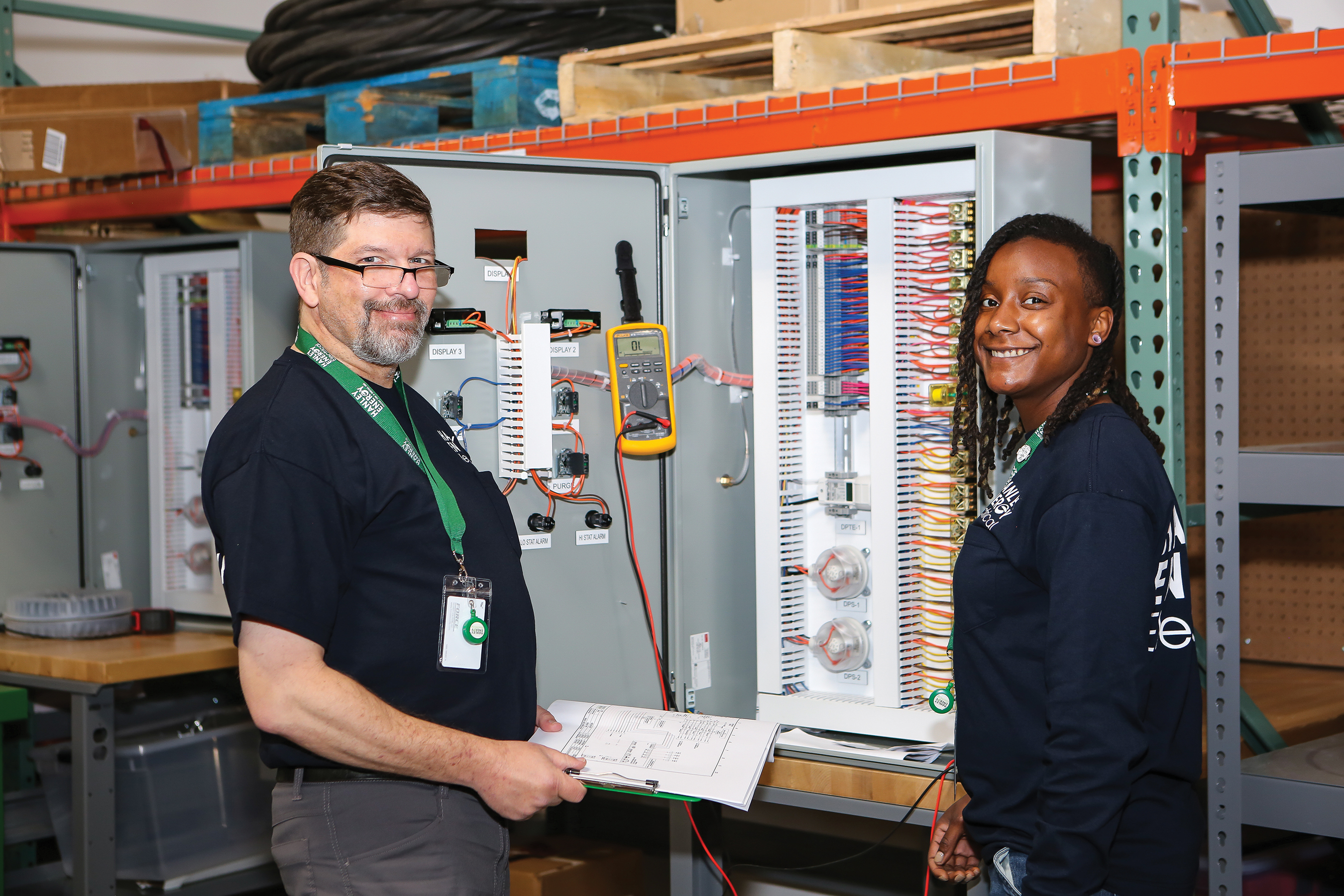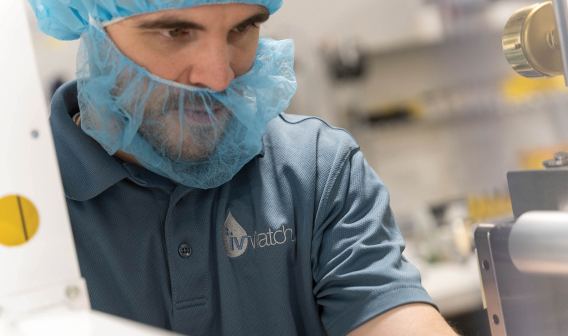A Cautionary Tale in Northern Virginia
Irish company Hanley Energy, which has offices on four continents, chose the Loudoun County community of Ashburn for its U.S. headquarters in 2015 because of its location in the heart of the “Data Center Alley” industry hotspot. It then grew its workforce so much, it expanded its office space 20-fold, opening a 40,000-sq.-ft., purpose-built office last year.
To manage that expansion and head its growing American business, Hanley wanted to transfer a seasoned senior executive, Niall Franklin. Hanley CEO Clive Gilmore expected it would take weeks to get a visa for Franklin. Instead, it took three years.
“It’s exceptionally difficult because we are trying to launch a product, we are trying to open an office, and you do need to have the subject matter expert,” Gilmore said.
The trouble wasn’t limited to getting Franklin what’s called an L visa, which enables multinational corporations to transfer senior executives or professionals with specialized expertise to the U.S. The timeline for visa recipients to get visas for spouses and children left Franklin separated from his wife and their 20-month-old toddler until the company intervened.
Hanley, which helps companies identify and eliminate wasted energy, is just one company whose plans to locate or grow in the United States have been stymied by work visa issues. Armed with experience, the VEDP team works to mitigate unanticipated challenges around lengthy approval processes and federal visa requirements by spreading awareness and educating companies early in the process. This challenge is not unique to Virginia or any other state, but a standard site selection consideration companies must prepare for, no matter the project.
When companies do run into this issue in Virginia, the problem isn’t state or local officials, who are among the most helpful in the nation supporting multinational companies looking to make or expand their footprints in America, says lawyer Teri Simmons, who heads immigration law at Atlanta-based Arnall Golden Gregory LLP. “Virginia is always engaged in discussions with embassies and consulates to advocate for more efficient processing for companies investing in Virginia,” she said.
But while Virginia is open for business, federal immigration law is challenging.
“The U.S. is losing the talent that it needs to remain competitive in a global marketplace,” Simmons said.
Roadblocks are numerous. Multinational corporations want to invest and grow in the United States by moving talent from elsewhere in their companies to help with American operations. But doing so can be slow, unpredictable, and expensive. The percentage of visas denied peaked between 2017 and 2020, Simmons said. It’s since improved, but delays and denials still hinder business expansions.
Companies like Hanley pay about $4,000, plus legal fees, for each visa application. Applications are evaluated by U.S. Citizenship and Immigration Services staff, who may lack the relevant experience to determine whether an applicant has expertise that isn’t available in the United States.
No state agency, said Simmons, has done better at mitigating these issues than VEDP, which helps investors and businesses navigate barriers and delays. Part of Abshoff’s job is to alert companies to issues like visa applications that can hinder international expansions.
While the barriers are federal, they can have an outsized impact on Virginia because the Commonwealth is otherwise so attractive to foreign companies, investors, and professionals, thanks to proximity to the nation’s capital and other major population centers.
Filling Workforce Gaps to Grow Employment
When discussing best practices in visa procurement, Simmons speaks not just for client companies, but from personal experience. Last year, her firm tried to grow its business by hiring a new lawyer licensed to practice in the United States and Germany. Simmons had an ideal candidate, a former student of hers at the University of Georgia. But caps on the number of visas available, distributed via lottery, prevented the firm from securing a visa for the candidate.
“When companies can’t hire them legally, it causes a tremendous issue for business,” she said.






